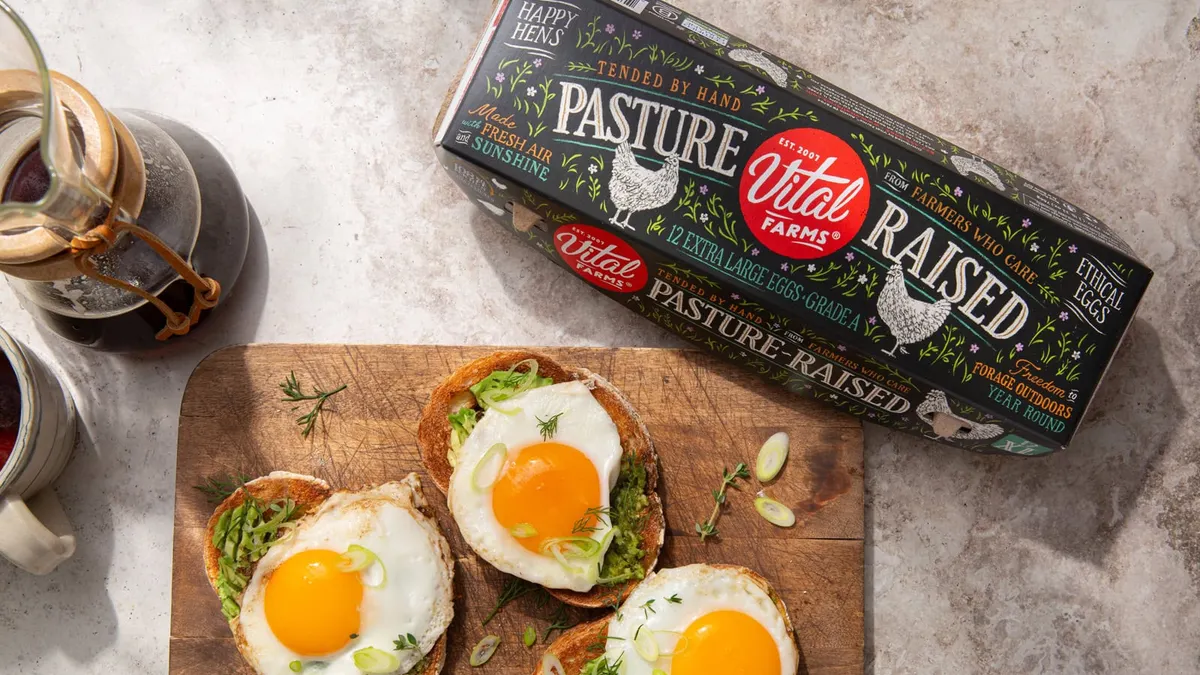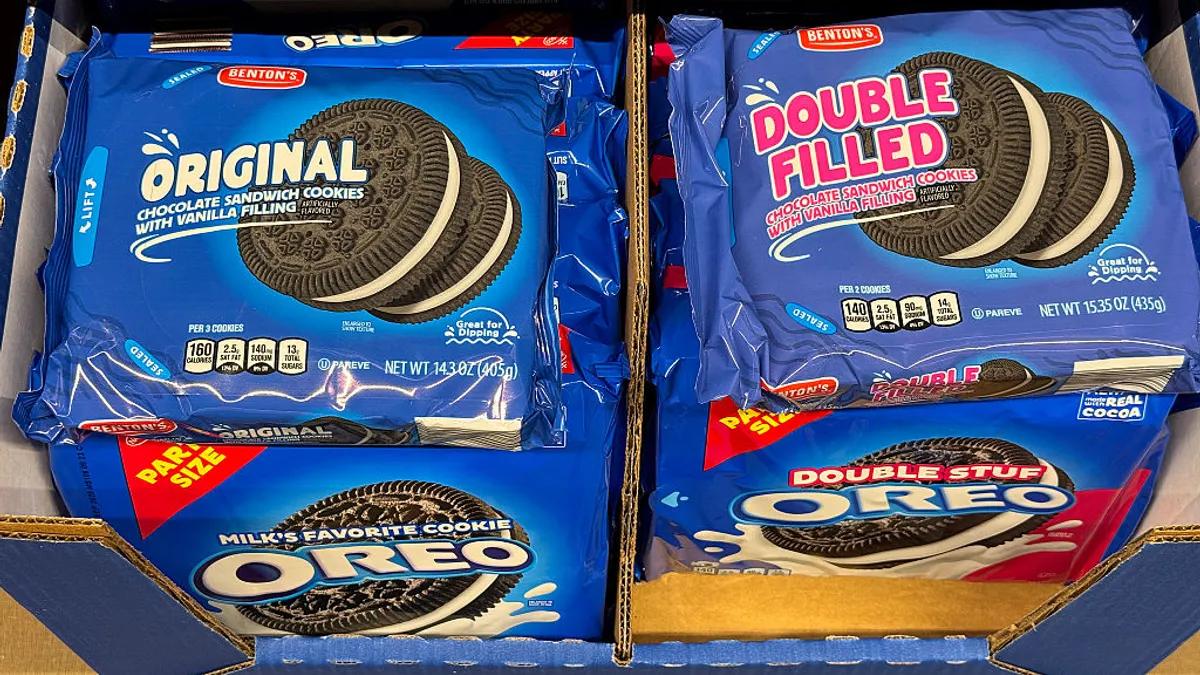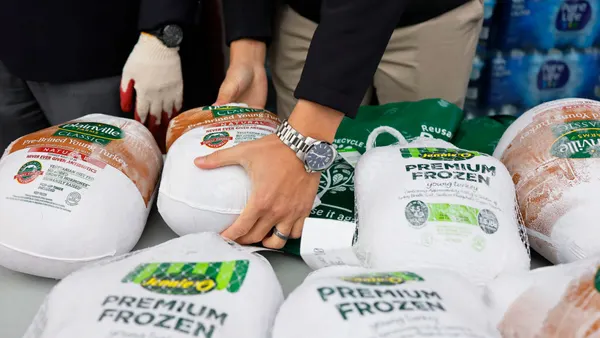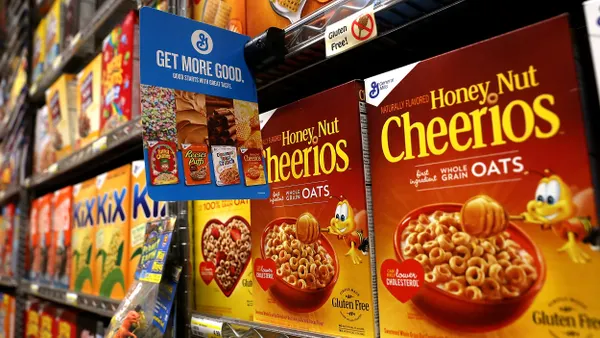It might not seem like the egg market is ripe for innovation, but premium producer Vital Farms may have found a way to upend the market.
Vital Farms was founded in 2007 by Matt O’Hayer and Catherine Stewart on 27 acres of land in Austin, Texas, to show that eggs could be sustainably produced at a commercial scale using humanely treated animals.
Today, Vital Farms works with nearly 600 family farms that supply its pasture-raised eggs found in more than 23,500 stores across the country.
Even as inflation-weary consumers sharply cut spending across much of the food space, premium egg producer Vital Farms is struggling to keep up with demand, even as it adds dozens of farms and processing capacity to its network.
Sales have soared to $606 million in 2024 from $140.7 million five years earlier, with the firm on track to top $1 billion in sales by 2027.
”We have found a better way of producing eggs than was done before,” Thilo Wrede, Vital Farms’ CFO, said in an interview.
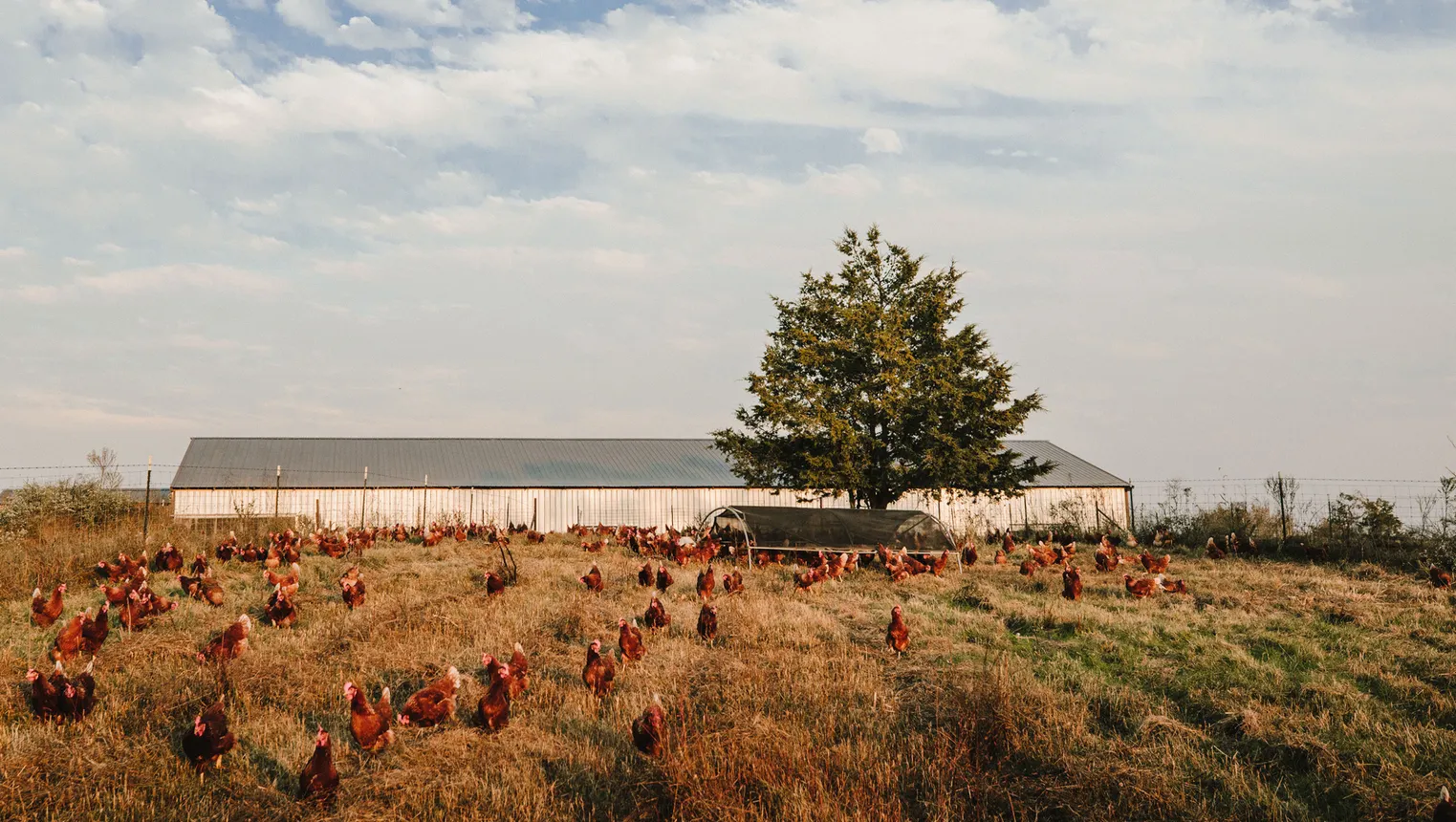
Although it's been a rollercoaster few years for egg prices due in large part to bird flu that has decimated flocks at conventional farms, consumers are still willing to shell out for Vital Farm's premium products, which are more expensive than conventional eggs.
The company has been a major beneficiary of consumer interest in food that is natural, healthy, sustainable, traceable and ethically produced.
Unlike most egg brands, Vital Farms doesn’t sell its products to wholesalers. Instead, it distributes them to retailers with its own branding and packaging.
That business model has built trust with consumers that is largely missing in the food space, Wrede said. Many consumers are skeptical about how and where their food is produced and are willing to pay more for that transparency.
“There is so much pent-up demand that we are really only scratching the surface,” Wrede said, noting the company isn't concerned about consumers trading down to conventional eggs. “The consumers that are buying us today, they’re really the true believers."
Analysts have been largely positive on the future for Vital Farms, which posted record net revenue in the third quarter and increased its annual outlook to at least $775 million, also the highest in its history.
Robert Moskow, an analyst with TD Cowen, said in a note to investors on Nov. 4 that the company’s earnings provide “further evidence that investors' concerns about price gaps to conventional eggs and potential vulnerability to cautious consumer spending are overdone.”
Meanwhile, William Blair analyst Jon Andersen said Vital Farms’ trusted brand and distinctive capabilities will allow the egg producer to become a $1 billion brand by 2027 and “significantly larger thereafter.”
Vital Farms is planning to open its second egg washing and packing facility in 2027, which is expected to help generate over $350 million in additional revenue and could help triple its share of total egg volume in the U.S. from 3% today.
Wrede noted that his company does not view traditional egg producers such as Cal-Maine, which generates roughly $800 million more in quarterly sales than Vital Farms, as its primary competitors. Instead, it competes with other pasture-raised companies such as Happy Egg and Pete & Gerry’s.
As it grows out its egg business, Vital Farms is looking to bring its brand into adjacent food categories that are ripe for disruption, such as dairy and poultry. The company entered butter, for example, in 2015, but it remains a small part of its business.
Still, Wrede cautioned that with a long runway for growth in its eggs business, Vital Farms is being careful about not losing focus by getting “distracted by the shiny new thing.”
“We’re looking at categories regularly, but so far there’s nothing that we have made a decision on where we want to go next,” he said. “When I look around the categories you can buy in the grocery store, pretty much every single one of them can be disrupted one way or another. Over time, there is potential.”


